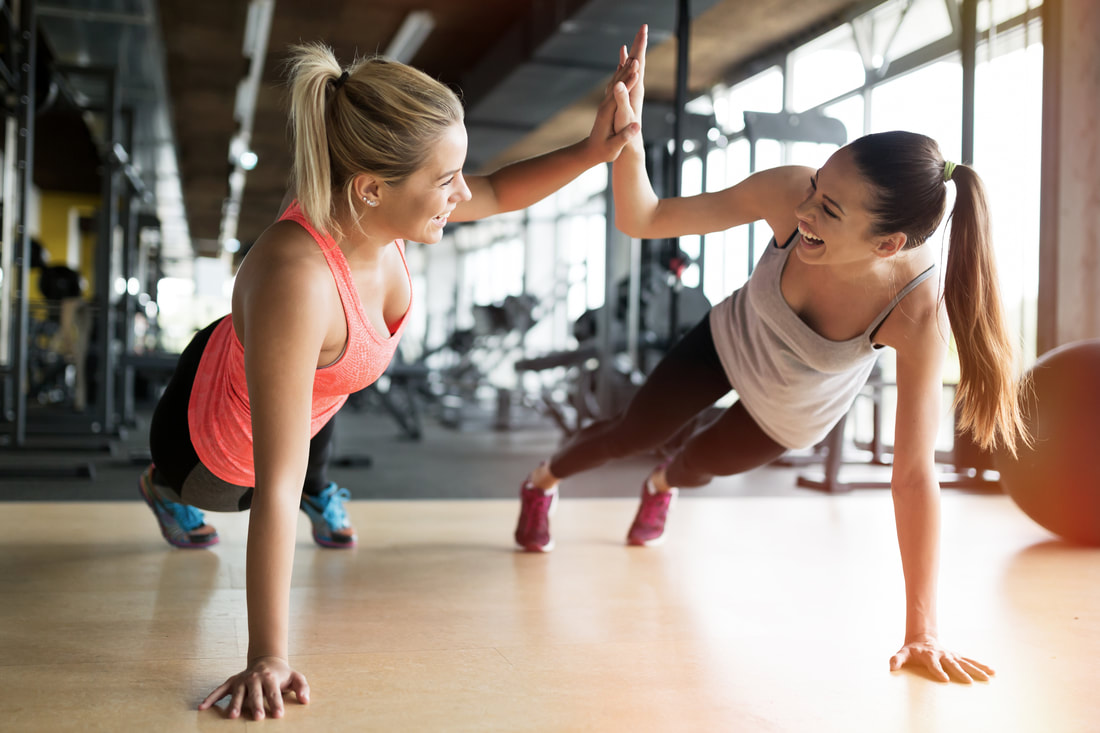Our Chimp can often sabotage the most positive of plans to get fit. Understanding a bit about our brain, neurochemistry and the psychology of what motivates us can make the difference between quitting early and a life-long new healthier you and all the knock-on good stuff that goes with it.
Researches have noticed that this decrease in hGH in the blood stream coincided with the onset of many symptoms of aging, including:
|
AuthorSarah Bedford Recent PostsCategories
All
|



 RSS Feed
RSS Feed


